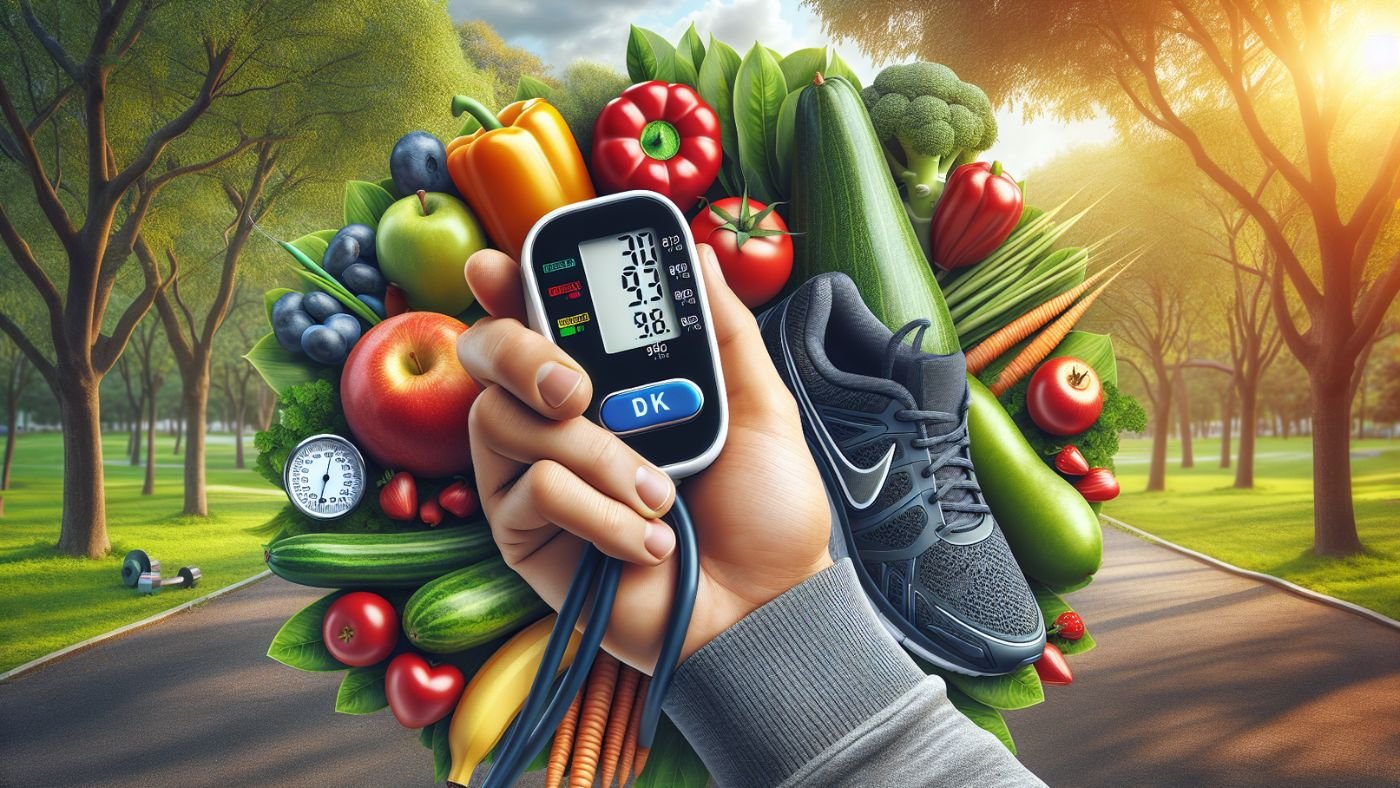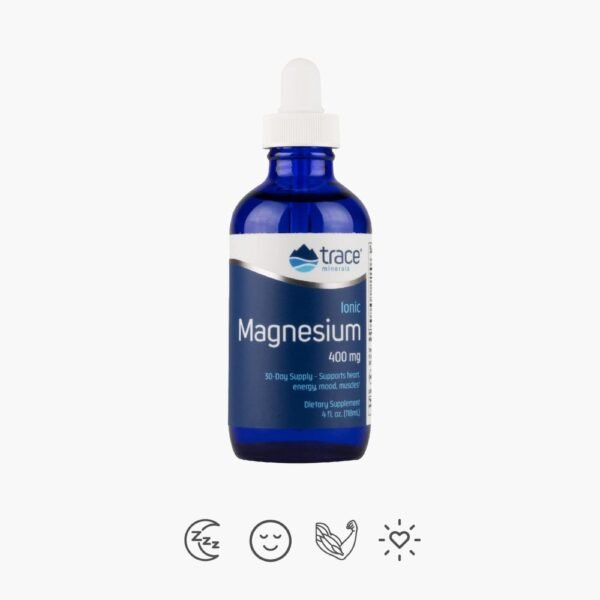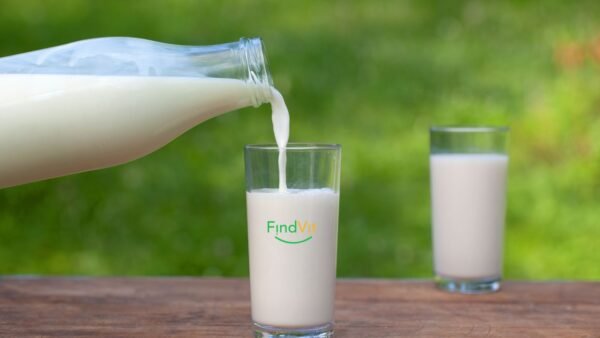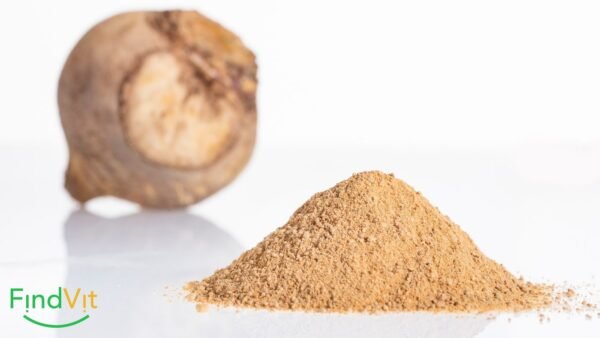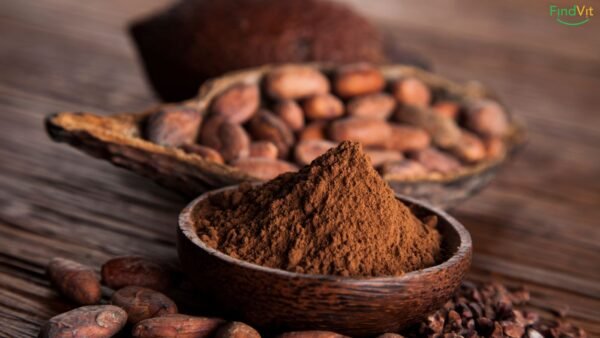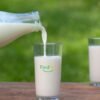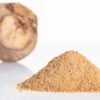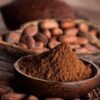High pressure, also known as hypertension, is one of the most common health problems worldwide today. High blood pressure is often called the "silent killer" because it often has no symptoms until serious complications such as a heart attack or stroke occur. Although hypertension can cause serious health problems, there are some steps people can take to lower their blood pressure and reduce the risks associated with it.1
In this article, we will discuss the symptoms of hypertension, the causes of high blood pressure and offer useful tips on how to manage high blood pressure. We will discuss the importance of systolic and diastolic blood pressure and the nutrients that affect blood pressure and the role of medications in controlling this condition.
Interesting facts about high blood pressure
Globally, hypertension affects about 1.13 billion people, making this condition one of the most common health problems. Although this disease occurs more often in men - one in four, and in women - one in five, it is important to know that intensive blood pressure control methods can reduce the damage to the brain's white matter. In addition, it has been found that measuring blood pressure at home can be more accurate than measurements taken in the doctor's office, which makes it possible to more reliably determine the risk of heart disease.
One interesting fact is that certain medications, such as diuretics, may be more effective when taken in the evening. Recent studies show that taking diuretics in the evening can reduce the risk of cardiovascular disease. In addition, pre-20% people have higher-than-normal aldosterone levels, which can contribute to the development of high blood pressure.
Certain foods, such as bananas, spinach, and low-fat milk, can help lower blood pressure. It's also important to note that some medications, such as birth control pills, steroids, and cold medicines, can increase blood pressure. Hypertension can be hereditary and may require medical treatment, so it is important to have regular health checks and follow your doctor's recommendations.
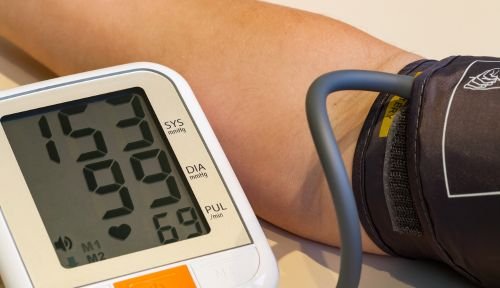
Symptoms of High Pressure
High blood pressure, or hypertension, can cause various symptoms that may sometimes go unnoticed, but some of them are very prominent and require immediate medical attention. These symptoms can include headaches, disorientation, vision problems, shortness of breath, irregular heartbeat and even nosebleeds. It is very important to have your blood pressure checked regularly so that this condition can be recognized and treated in time.
Main symptoms
- Severe headaches
- Fatigue
- Vision problems
- Shortness of breath
- Irregular heart rhythm
- Disorientation
- Bleeding from the nose
These symptoms may indicate that a person has dangerously high blood pressure, which can lead to serious health problems such as heart attack, stroke, or kidney failure if not treated properly. Therefore, if you notice any of these symptoms, especially if they appear suddenly or intensely, it is necessary to consult a doctor immediately.
Recommendations
Although high blood pressure can sometimes be asymptomatic, regular health checkups and blood pressure monitoring are essential for early diagnosis and effective treatment. It is also important to recognize and respond immediately to any symptoms of high blood pressure to prevent long-term health problems.
High Pressure Causes
The main causes of high blood pressure are varied and include both genetic and lifestyle factors. The most common form of hypertension is primary (essential) hypertension, which is associated with risk factors such as age, family history, and overweight. Secondary hypertension caused by specific conditions, such as kidney problems, adrenal tumors, or thyroid disorders, is less common but also warrants attention.
Also, certain medications, such as birth control pills, cold medications, decongestants, pain relievers, and some prescription medications, can cause high blood pressure. It is also important to mention that emotional stress can trigger high blood pressure, and stress management techniques such as meditation and exercise can help reduce this risk.
Lifestyle factors and their influence
- Lack of physical activity, overweight, too big salt intake, excessive alcohol consumption and smoking.
- Low levels of potassium in the body - it is important to consume enough fruits, vegetables, dairy products and fish.
- Excessive consumption of sugar, especially fructose, also contributes to hypertension.
Regular blood pressure monitoring is essential for early diagnosis and effective management of high blood pressure.
What is systolic and diastolic blood pressure
Systolic blood pressure (systolic blood pressure) is the maximum pressure that the heart creates when it contracts and sends blood into the arteries. This is the upper limit of blood pressure measurement, which is usually measured in millimeters of mercury (mmHg). Normal systolic pressure ranges [between 90 and 120 mmHg].
Diastolic blood pressure (diastolic blood pressure) is the minimum pressure when the heart is relaxed between contractions. This is the lower limit of blood pressure measurement. A normal value for diastolic blood pressure is between 60 and 80 mmHg.
When blood pressure exceeds 130 mmHg systolic or 80 mmHg diastolic, it is considered first-degree hypertension. If the systolic pressure is 140 mmHg or higher, and the diastolic pressure is 90 mmHg or higher, this is already the second degree of hypertension. A hypertensive crisis occurs when the systolic pressure exceeds 180 mmHg and the diastolic pressure exceeds 120 mmHg.
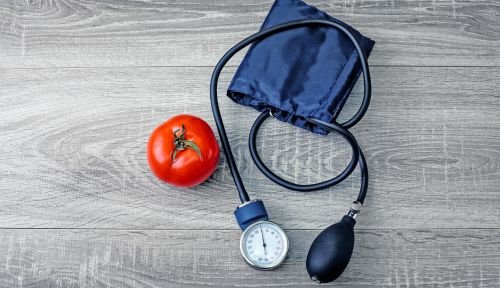
How to effectively reduce high blood pressure
Lifestyle changes
- Regular physical activity: It is recommended to include at least 150 minutes of moderate-intensity or 75 minutes of vigorous-intensity physical activity per week to lower blood pressure.
- Nutritional changes: Eat plenty of fruits, vegetables, whole grains, and lean meats. Salt, saturated fat and sugar intake should also be limited.
- Restriction of alcohol consumption: Recommended no more than one alcoholic drink per day for women and no more than two drinks per day for men.
- Cessation of tobacco use: Quitting smoking can significantly lower blood pressure and reduce the risk of heart disease.
- Stress management: Relaxation techniques such as meditation or deep breathing can help lower blood pressure.
Health care and medical intervention
- Regular health checks: It is important to have your blood pressure checked regularly so that any changes can be detected in time and action can be taken.
- Medication use: When lifestyle changes do not adequately control blood pressure, medication prescribed by a healthcare professional may be needed.
Weight management and nutrition plans
- Weight loss: Even a small weight loss can have a positive effect on blood pressure.
- DASH diet: Dietary Approaches to Stop Hypertension (DASH) is specifically designed to reduce high blood pressure and is highly effective.
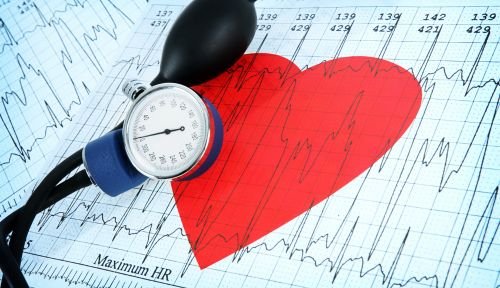
Mass substances affecting blood pressure
Nutrients that can help lower blood pressure
- Foods containing potassium: Bananas, avocados, melons and oranges are excellent sources of potassium, which help lower high blood pressure.
- Foods containing magnesium: Broccoli, spinach and pumpkin seeds are also important for their ability to lower blood pressure.
- Products containing fiber: Whole grains, legumes, fruits, and vegetables can help regulate blood pressure.
- Beet juice: A drink that can lower blood pressure in just a few hours.
- Fatty fish: Salmon, mackerel and other fatty fish containing omega-3 fatty acids are effective in lowering blood pressure.
- Garlic: Eating raw or cooked garlic can lower blood pressure.
- Hibiscus tea: Drinking this tea can lower blood pressure in prehypertensive and mildly hypertensive adults.
-
Sale Product on saleTrace Minerals Magnis Mega Magnesium 400 mg, 118 ml
29,90 €Original price was: 29,90 €.22,40 €Current price is: 22,40 €.Rated 5.00 out of 5 based on 2 customer ratings
Other important foods
- Lemons: Regular consumption of these fruits helps in maintaining various body processes.
- Avocados: These fruits contain healthy fats that help maintain normal blood vessel flexibility, thus preventing high blood pressure.
- Beets: They contain nitrates, which the body converts into nitric oxide, which relaxes blood vessels and lowers blood pressure.
- Spinach: These leafy greens contain potassium, which helps balance sodium levels and lower blood pressure.
- Flax seeds: A diet rich in flaxseed may reduce the risk of high blood pressure by 50%.
- Coffee and tea: When consumed in moderation, these drinks provide antioxidants that help lower blood pressure.
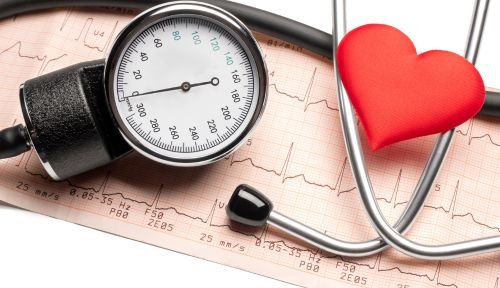
The role of drugs in controlling high blood pressure
Medicines to control high blood pressure are an important part of treatment, especially when lifestyle changes do not provide sufficient results. Three groups of drugs are commonly used: thiazide diuretics, calcium channel blockers, and ACE inhibitors. Studies have shown that these three types of drugs have a similar risk of heart attacks, strokes, and death. However, patients taking ACE inhibitors experienced a 11% increased risk of developing lung disease compared to those taking diuretics. In addition, no significant differences in side effects were found between the three drug types during an average follow-up period of 4.5 years.
The most popular prescription drugs
Medicines to control high blood pressure are often reimbursed and sold at different pharmacies. For example, MoxonidinHEXAL 0.4 mg tablets, manufacturer Hexal, . On the other hand, Adempas 2.5 mg tablets, manufactured by Bayer. These differences indicate that drug costs for patients can vary significantly depending on the specific drug and its dose.
It is important to emphasize that the medication should only be taken as directed by the doctor and never be stopped arbitrarily. Proper use of medication and regular consultation with a doctor are essential for effective management of high blood pressure.

FAQs about high blood pressure
What is high blood pressure?
High blood pressure, or hypertension, is a condition where the blood pressure in the arteries is consistently higher than a healthy level, which can lead to serious health problems, such as heart disease.
What are the symptoms of high blood pressure?
Most of the time, high blood pressure does not cause any obvious symptoms and is called the "silent killer". It is important to measure blood pressure regularly.
What are the main risk factors for high blood pressure?
The risk is increased by smoking, being overweight, insufficient physical activity, excessive alcohol consumption, poor diet and genetic predisposition.
How to manage high blood pressure?
Lifestyle changes are necessary: healthy diet, regular physical activity, weight control, limiting alcohol consumption, reducing stress. Medicines prescribed by a doctor are sometimes needed.
Can high blood pressure be prevented?
Although some risk factors cannot be avoided, following a healthy lifestyle can significantly reduce the risk of high blood pressure.
Conclusions
High blood pressure is a serious condition that can cause many health problems, but as we have seen, there are various methods to effectively manage and control this condition. It is important to recognize the symptoms, know the causes of hypertension and have regular health checks. Also, it's good to know that when lifestyle changes and medication aren't enough to control blood pressure, nutrient intake, such as foods rich in potassium and magnesium, can also play a role. You can find a list of foods that have a positive effect on blood pressure here.
Thus, managing high blood pressure is a combination of several factors, including a balanced diet, regular exercise, and a healthy lifestyle. By taking medications as prescribed by your doctor and making lifestyle changes, it is possible not only to control blood pressure, but also to improve general health
